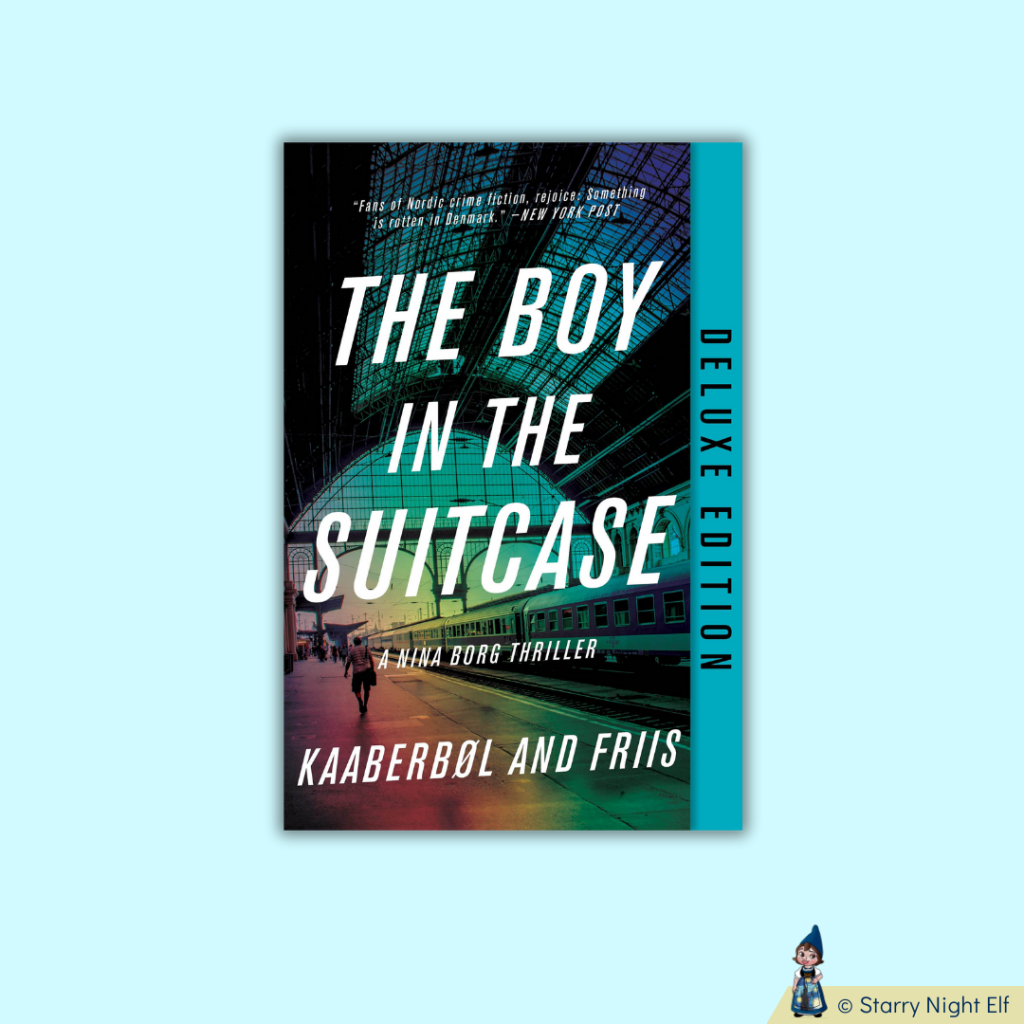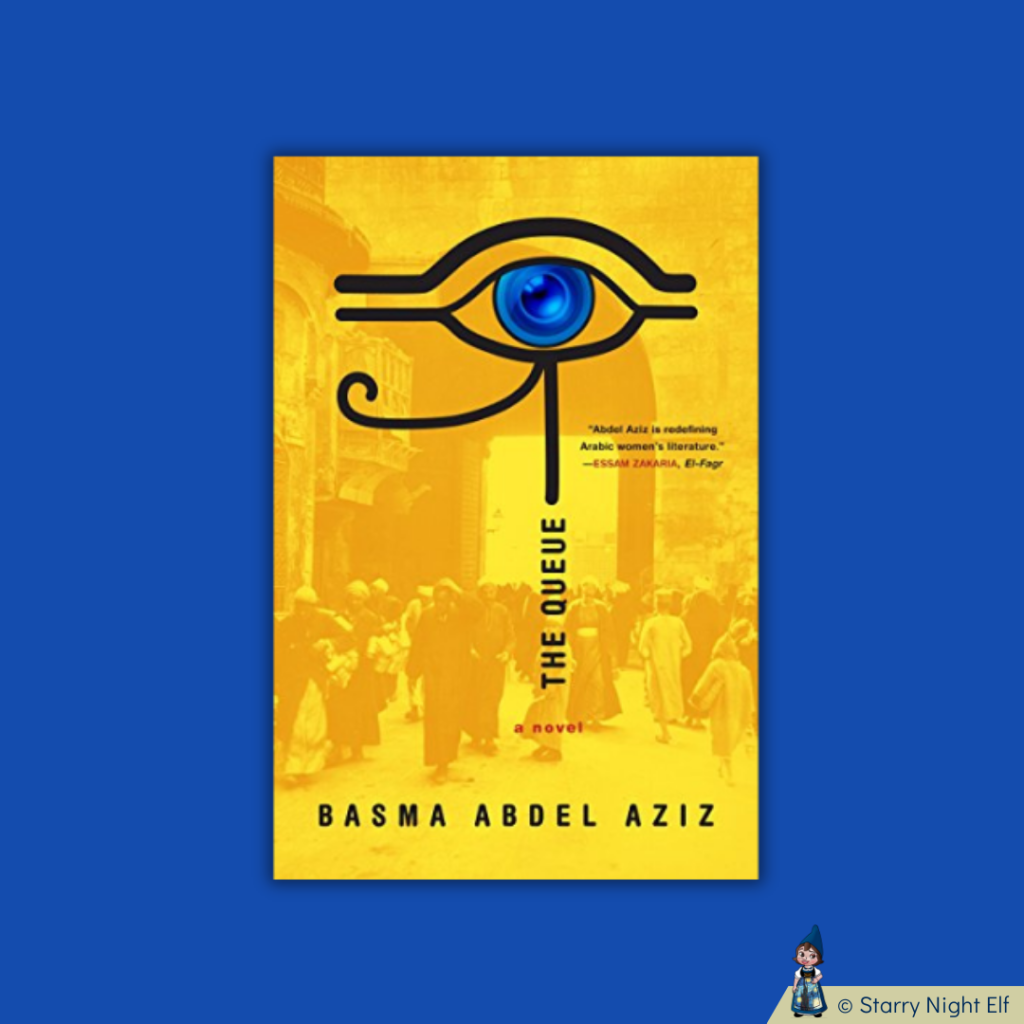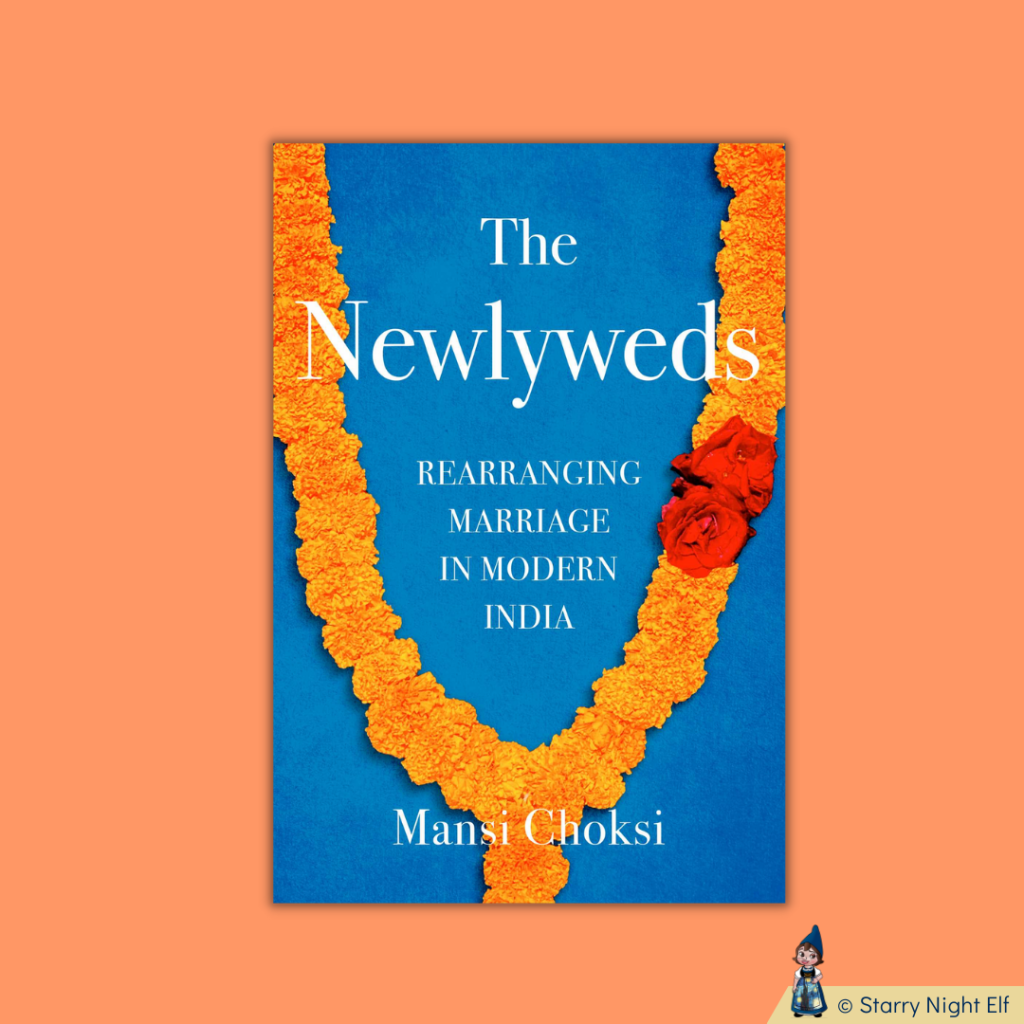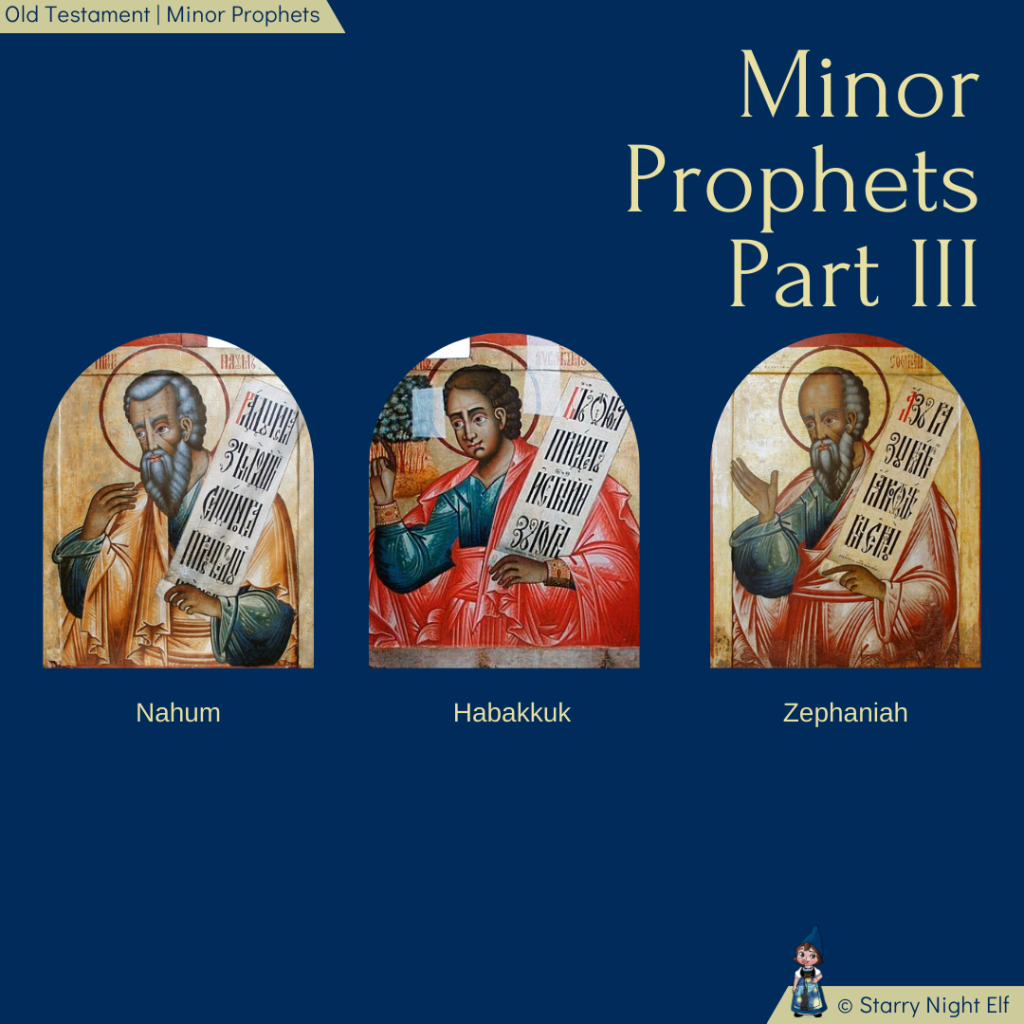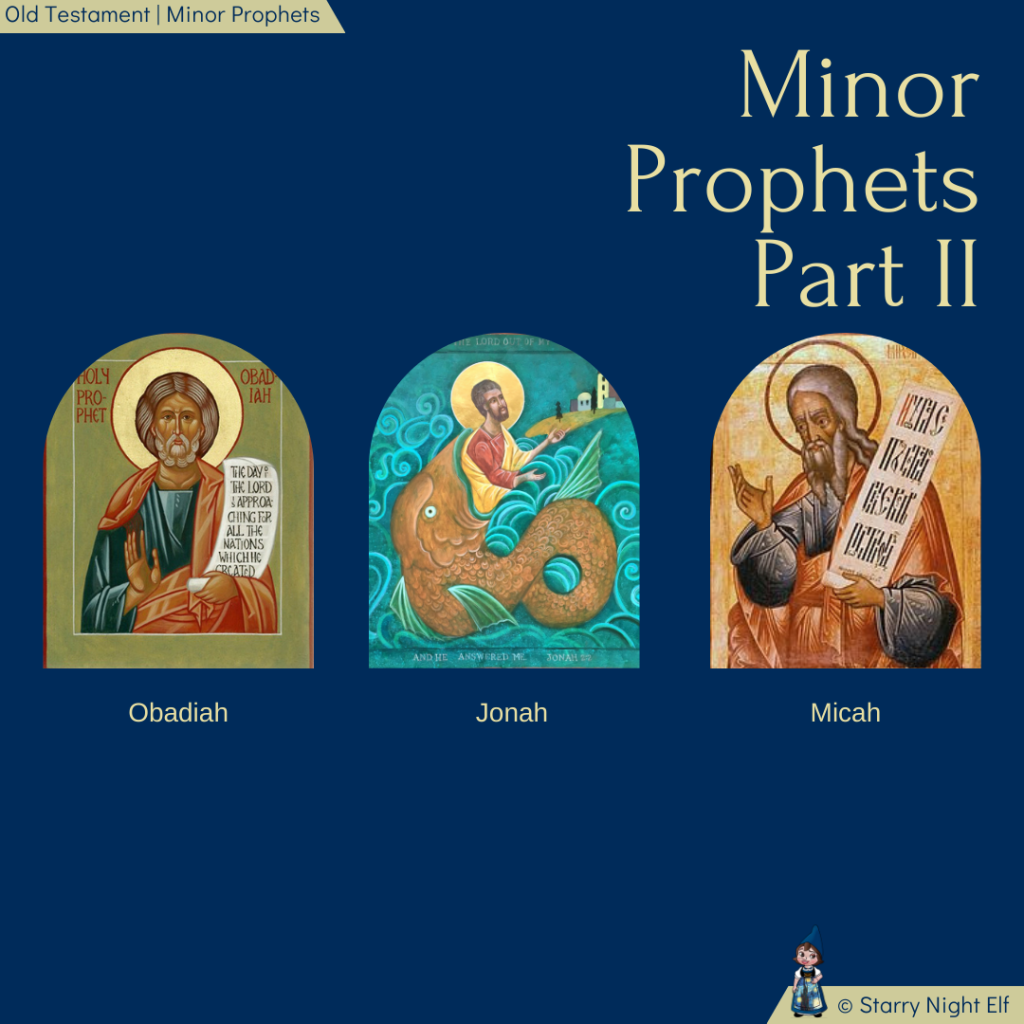Part of a series of Starlight Book Reviews (SBR) on Old Testament (OT) Books. Click here to see other OT SBR.
* The following post transparently exhibits my Christian faith.
5/5 Next up, in this Starlight Book Review (SBR), I look at the Minor Prophets/ Twelve Prophets Books of Obadiah, Jonah, and Micah.
Click here to check out the Sacred Texts Journey SRC.
The Minor Prophets or Twelve Prophets (Hebrew: שנים עשר, Shneim Asar; Imperial Aramaic: תרי עשר, Trei Asar, “Twelve”) (Ancient Greek: δωδεκαπρόφητον, “the Twelve Prophets”), occasionally Book of the Twelve, is a collection of prophetic books, written between about the 8th and 4th centuries BCE, which are in both the Jewish Tanakh and Christian Old Testament… In the Christian Old Testament, the collection appears as twelve individual books, one for each of the prophets: the Book of Hosea, Joel, Amos, Obadiah, Jonah, Micah, Nahum, Habakkuk, Zephaniah, Haggai, Zechariah, and Malachi. Their order, and position in the Old Testament, varies slightly between the Protestant, Catholic and Eastern Orthodox Bibles.
“The Book of Obadiah is a book of the Bible whose authorship is attributed to Obadiah, a prophet who lived in the Assyrian Period. Obadiah is one of the Twelve Minor Prophets in the final section of Nevi’im, the second main division of the Hebrew Bible. The text consists of a single chapter, divided into 21 verses with 440 Hebrew words, making it the shortest book in the Hebrew Bible, though there are three shorter New Testament epistles in Greek (Philemon with 335 words, 2 John with 245 words, and 3 John with 219 words). The Book of Obadiah is a prophecy concerning the divine judgment of Edom and the restoration of Israel… The Book of Obadiah is based on a prophetic vision concerning the fall of Edom, a mountain-dwelling nation whose founding father was Esau. Obadiah describes an encounter with Yahweh, who addresses Edom’s arrogance and charges them for their “violence against your brother Jacob.”
“The Book of Jonah is one of the twelve minor prophets of the Nevi’im (“Prophets”) in the Hebrew Bible, and an individual book in the Christian Old Testament. The book tells of a Hebrew prophet named Jonah, son of Amittai, who is sent by God to prophesy the destruction of Nineveh, but attempts to escape his divine mission… The story has a long interpretive history and has become well known through popular children’s stories. In Judaism, it is the Haftarah portion read during the afternoon of Yom Kippur to instill reflection on God’s willingness to forgive those who repent, and it remains a popular story among Christians. The story is also retold in the Quran.”
“The Book of Micah is the sixth of the twelve minor prophets in the Hebrew Bible. Ostensibly, it records the sayings of Micah, whose name is Mikayahu (Hebrew: מִיכָיָ֫הוּ), meaning “Who is like Yahweh?”, an 8th-century BCE prophet from the village of Moresheth in Judah (Hebrew name from the opening verse: מיכה המרשתי)… Micah reproaches unjust leaders, defends the rights of the poor against the rich and powerful; while looking forward to a world at peace centered on Zion under the leadership of a new Davidic monarch… Micah reproaches unjust leaders, defends the rights of the poor against the rich and powerful; while looking forward to a world at peace centered on Zion under the leadership of a new Davidic monarch. While the book is relatively short, it includes lament (1.8–16; 7.8–10), theophany (1.3–4), hymnic prayer of petition and confidence (7.14–20), and the “covenant lawsuit” (6.1–8), a distinct genre in which Yahweh (God) sues Israel for breach of contract of the Mosaic covenant.”
Of these three books, I’m most familiar with Jonah. This is perhaps the funniest book in the Bible! I did laugh when he sulked about the Ninevites. Also, I learned that Obadiah is the shortest book in the Old Testament. Micah, like Isaiah, also lamented without clothing which truly stood out to me.
These verses stood out to me:
21 Deliverers will go up on Mount Zion
to govern the mountains of Esau.
And the kingdom will be the Lord’s.
Obadiah 1:21 NIV
17 Now the Lord provided a huge fish to swallow Jonah, and Jonah was in the belly of the fish three days and three nights.
Jonah 1:17 NIV
8 He has shown you, O mortal, what is good.
And what does the Lord require of you?
To act justly and to love mercy
and to walk humbly with your God.
Micah 6:8 NIV
Select Bibliography (Alphabetical Order by Author’s Surname)
- Allen, Leslie C (1976). The Books of Joel, Obadiah, Jonah, and Micah. Eerdmans. ISBN 978-0802825315. Micah
- Coogan, Michael (2009). A Brief Introduction to the Old Testament. Oxford University Press.
- “Jonah’s Path and the Message of Yom Kippur”. Archived from the original on 2008-11-18. Retrieved 2009-08-18. United Jewish Communities (UJC), “Jonah’s Path and the Message of Yom Kippur.”
- King, Philip J (1988). Amos, Hosea, Micah: an archaeological commentary. Westminster John Knox Press. ISBN 978-0664240776.
- Limburg, James (1988). Hosea-Micah. Westminster John Knox Press. ISBN 978-0664237578.
- Mays, James L (1976). Micah. Westminster John Knox Press. ISBN 978-0664208172.
- Nelson’s Compact Illustrated Bible Dictionary, Thomas Nelson Publishers, 1978, p. 191, ISBN 0-8407-5636-4
- Sweeney, Marvin A (2000). The Twelve Prophets. Liturgical Press. ISBN 978-0814650912.




